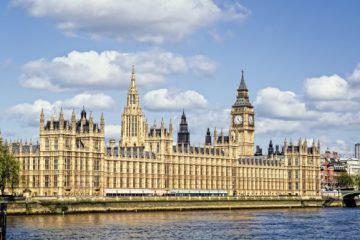Renters Not Considered in General Election Campaigns
Election campaigns this year have focused strongly on the housing crisis, but those renting have not been promised a happier future.
Ahead of tomorrow’s vote, it is positive that the property market has been so widely covered this general election. However, the parties’ policies have generally concentrated on the cost of buying a home. Politicians are really pushing the idea of homeownership.
There has not been a party dedicated to tenants in the private rental sector. 30 years ago the Labour Party would have stood up for this group, but the housing market has affected political sentiment. In this time, the amount of homeowners has grown and so has the number of owner-occupiers voting Labour, so its policies have changed.
So why haven’t the parties responded to the changes in the housing market today? Homeownership is still the predominant housing tenure in the UK, but the amount of private tenants now exceeds the number of social renters.
Private renters have not been given much thought. Even when they are considered, it is always related to aspiring homeownership.
The Conservatives are pushing its Help to Buy Isa for those stuck renting; the Liberal Democrats have a rent-to-own property plan; and Labour has promised long-term tenancies with rent controls to help households plan for the future. But for generation rent, a life outside renting is not realistic.
Alistair McIntosh wrote on 24 Housing that it is time for a “rent army”. He says: “I meet a lot of very clever young people. They all rent. And they know they will be renting for a long time. A smorgasbord of gimmicks at election time will not turn them into homeowners any time soon.”1
Private and social tenants are now closer than ever before. Housing associations are using the tricks of the private rental sector to manage their stock. This huge group of renters makes a whole new stream of voters.
Campaigners and lobby groups do all they can, and they have achieved a lot. However, they mainly work on specific issues, unlike political parties who cover a wide range of topics.
Also, it is important to remember that renting is not just a housing matter. Lifelong tenancies affect other areas of the economy and society. For example, renters are less likely to have a pension and do not have an asset to pay for later life expenses. They are also more flexible in where they live and don’t support the community as much.
Renting does not just highlight housing problems. The growing amount of this group means that a political party could really focus on making their lives better, and this would only have a positive impact on Parliament.
1 http://www.24dash.com/news/housing/2015-05-01-Opinion-Time-to-mobilise-the-Rent-Army









